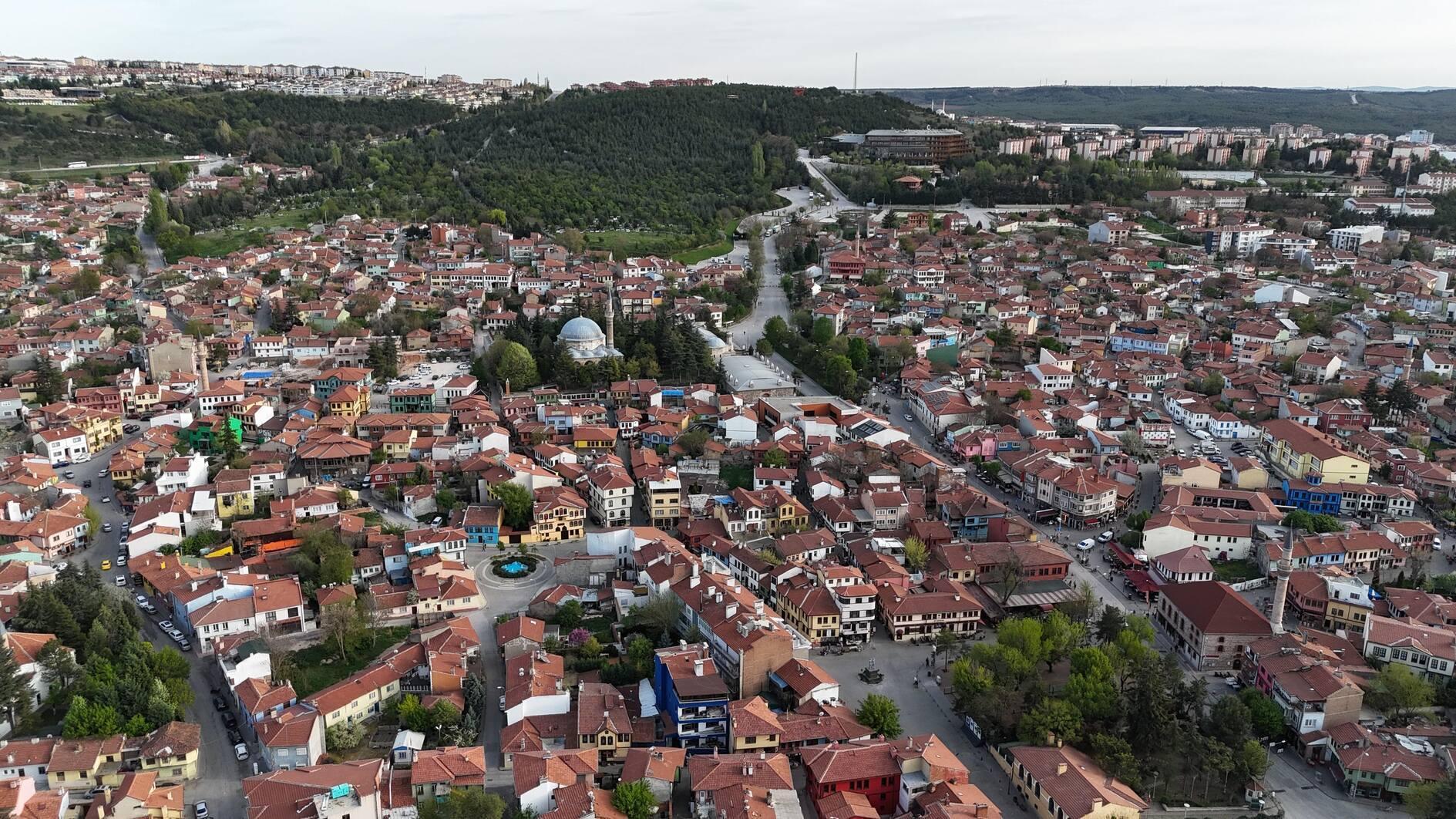Turkey seems to be preparing for a long-term stay in northern Syria
It has been nearly a month since Turkey and the Free Syrian Army (FSA) launched the Euphrates’ Shield Operation, which is considered a successful military move given the results so far.
The first two phases of the operation were considered relatively easy, as a majority of Islamic State of Iraq and the Levant (ISIL) militants in towns like Jarabulus and al-Rai had already withdrawn. As a result, the 98-kilometer strip of the border between the Mare-Jarabulus line was cleared of ISIL jihadists while the Turkish Armed Forces (TSK) and the FSA was able to control an area of 900 square kilometers. However, ISIL is still actively fighting in regions around al-Rai and could re-capture some villages. After Aug. 24, Turkey lost two tanks and five troops in clashes with ISIL jihadists in the first two phases of the cross-border operation.
As was clear from the beginning of the operation, the Turkish government has no intention of stopping its military offensive at this point. President Recep Tayyip Erdoğan explicitly announced that Ankara’s target is to go further south in Syria until it makes its border fully safe.
Erdoğan also defined Turkey’s next target as part of the third phase of the operation: Clearing ISIL from al-Bab. In addition, he revealed that Turkey’s operation would lead to the creation of a 5,000-square kilometer safe zone. There are reports that the Turkish army has already started preparations for expanding its influence in the region.
At present it seems that Ankara has three main objectives:
1. As stated at the outset, Turkey needs to fully seal its border to ISIL crossings in both directions. This objective seems to have been realized in the first two phases. The presence of ISIL militants just over the border is now avoided. But as proven in different parts of the country, ISIL could re-capture the places it has lost to other fighting groups, which is why a considerable area should be taken under control. Kicking ISIL out of al-Bab will have an important effect to this end.
2. Turkey’s second major objective is to nix the plans of Syrian Kurdish groups to connect their Afrin and Kobane cantons for future territorial claims and political ambitions. After Turkey’s sealing of its border, the Democratic Union Party (PYD) and its armed wing, the People’s Protection Unit (YPG), are eyeing to create a corridor between two cantons through al-Bab. The YPG’s ambition to advance further west and to fight against ISIL in al-Bab is well-known by all parties. There seems to be a race between the Turkey-backed FSA and the YPG in reaching this critical town.
But neither of them should expect an easy victory there. Al-Bab, meaning “the door” in Arabic, is also seen as strategic for ISIL and the jihadists will do everything they can to defend the city. Turkey expects the United States-led anti-ISIL coalition to be heavily engaged in any operation in al-Bab, which would also pave the way for a more coordinated and efficient offensive into Raqqa in the coming months if al-Bab is indeed liberated.
We should underscore once again here that the differences between Ankara and Washington over the PYD’s role will continue to be the most important obstacle to coherent cooperation between the two allies.
3. Turkey’s third and most important goal is creating a safe zone inside Syria, which would include Manbij and its surrounding areas. After the breaking of the ceasefire and the collapse of the Russia-U.S. agreement, Turkey will find itself in a better situation in explaining why this aim is so important. The return of Syrians into Jarabulus is already being used as an argument by the Turkish government in justifying the objectives of its military action. At a moment when nobody can foresee how long the unrest in Syria will continue and what consequences it will bring about, Turkey and its close regional partners, Qatar and Saudi Arabia, will be able to ignore criticisms.
Being aware of concerns about the open-ended Turkish incursion into Syria, Chief of General Staff Gen. Hulusi Akar has sought to reassure allies and regional partners that Turkey has no eye on Syria’s territories. Akar’s statement came only days after he hosted his Russian counterpart Valery Gerasimov, as he explained the motives of the operation to his NATO colleagues at a meeting in Croatia last weekend.
It is no secret that Russia and the U.S., as well as Iran, are unhappy with Turkey’s further advance south, concerned that this could further complicate the already messy situation and spark fresh, unwanted conflicts between Turkey-FSA and other fighting groups, namely the PYD and the Bashar al-Assad regime.
The coming days will help us better envisage future developments in the region, but today’s picture suggests a long-term Turkish military presence in Syrian territory.











